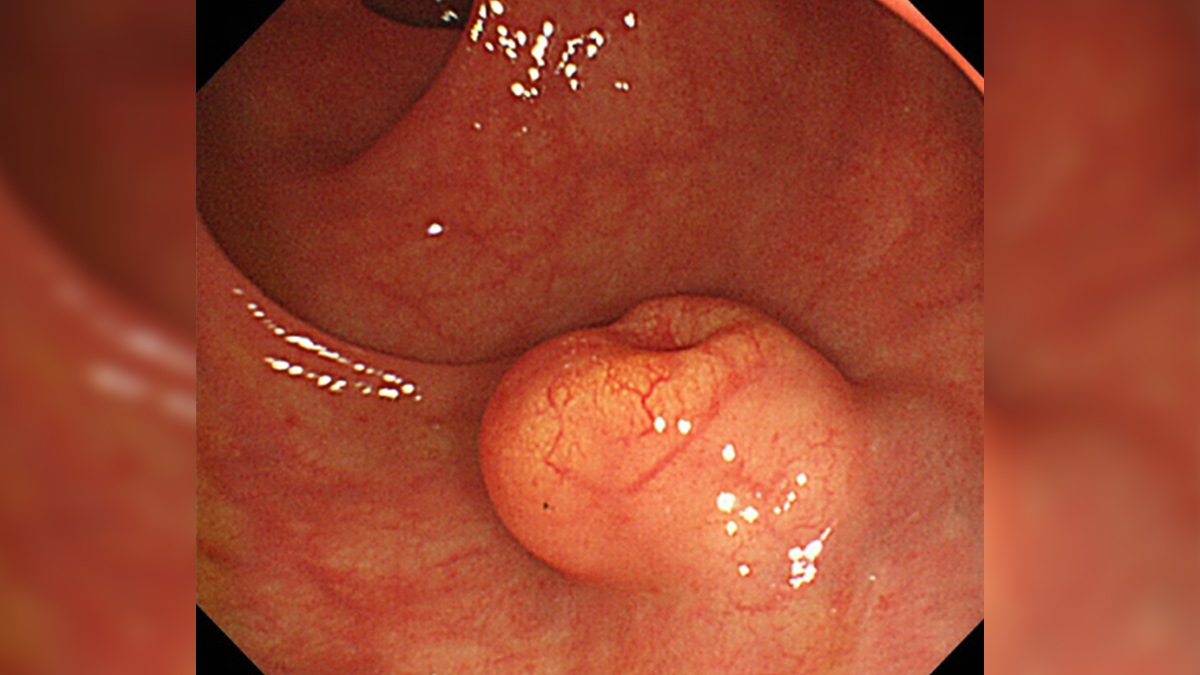
Neuroendocrine colon cancer is a rare and aggressive form of cancer that starts in the cells of the colon with both nerve and hormone-producing functions. Unlike common colon cancers, neuroendocrine tumours (NETs) can grow quickly and often spread to other organs before they are found. This type of cancer is difficult to treat, especially in advanced stages, and often requires a combination of therapies. The recent passing of television actor Vibhu Raghave has brought attention to this serious illness. His battle with stage 4 neuroendocrine colon cancer highlights the challenges faced by patients and their families.
Table of Content:-
Vibhu Raghave’s Death and Health Update![Vibhu Raghave’s Cause of Death 43]()
Vibhu Raghave, best known for his role in ‘Nisha Aur Uske Cousins,’ died on June 2, 2025. He lost his life after a three-year fight with stage 4 neuroendocrine colon cancer. He was first diagnosed in 2022 and openly shared his journey on social media, inspiring many with his strength and positive attitude. Vibhu’s friends and colleagues often posted updates and raised funds for his treatment as his illness progressed.
In his final months, the cancer had spread to his liver, spine, bones, and lungs, making treatment even more difficult. Despite multiple rounds of chemotherapy and changing treatment plans, his condition worsened. Vibhu remained hopeful and kept motivating others until the end, with his last Instagram post reflecting his determination: “A day at a time”.
What Is Stage 4 Neuroendocrine Colon Cancer?![Neuroendocrine Colon Cancer 2 - 2025-06-03T124432.159]()
Dr Neetu Pandey, Associate Consultant, Radiation Oncology, Fortis Hospital, Noida, explains that stage 4 neuroendocrine colon cancer means the cancer has spread beyond the colon to distant organs like the liver, lungs, or bones. She says, “Neuroendocrine tumours of the colon are rare and aggressive. By stage 4, the cancer cells have travelled through the blood or lymph system to other parts of the body, making treatment more complex.”
Neuroendocrine tumours (NETs) start in cells that have features of both nerve cells and hormone-producing cells. In the colon, these tumours may not cause symptoms early on, so they are often found late. When symptoms do appear, they can include abdominal pain, changes in bowel habits, unexplained weight loss, or even hormonal symptoms if the tumour releases certain chemicals.
At stage 4, treatment usually focuses on slowing the cancer’s growth and managing symptoms. This can include chemotherapy, targeted therapy, hormone therapy, and sometimes surgery to remove tumours or relieve blockages. Dr Pandey adds, “The goal at this stage is to improve quality of life and extend survival as much as possible. Every patient’s treatment plan is different and depends on where the cancer has spread and how the patient responds to therapy.”
Why Is This Cancer So Challenging?![Vibhu Raghave Cause of Death Stage 4 Neuroendocrine Colon Cancer 1 - 2025-06-03T124427.974]()
Neuroendocrine colon cancer is harder to treat than many other colon cancers because of its aggressive nature and the fact that it is often found late. Dr Pandey explains, “Early detection is rare, and by the time most patients are diagnosed, the disease has already spread. This makes cure very difficult, and treatment becomes about control and comfort.”
The cancer’s ability to spread quickly and affect multiple organs means patients often need a team of doctors, including oncologists, surgeons, and palliative care specialists. Support from family, friends, and the community is also vital.
Conclusion
Vibhu Raghave’s journey with stage 4 neuroendocrine colon cancer is a reminder of the seriousness of this rare disease. His openness about his battle brought awareness to the challenges faced by patients with advanced cancer. Neuroendocrine colon cancer is difficult to detect early and even harder to treat in its later stages. As Dr Pandey points out, treatment at stage 4 focuses on improving quality of life and providing support. Vibhu’s courage and positivity continue to inspire many, even after his passing.
Also watch this video
How we keep this article up to date:
We work with experts and keep a close eye on the latest in health and wellness. Whenever there is a new research or helpful information, we update our articles with accurate and useful advice.
Current Version


